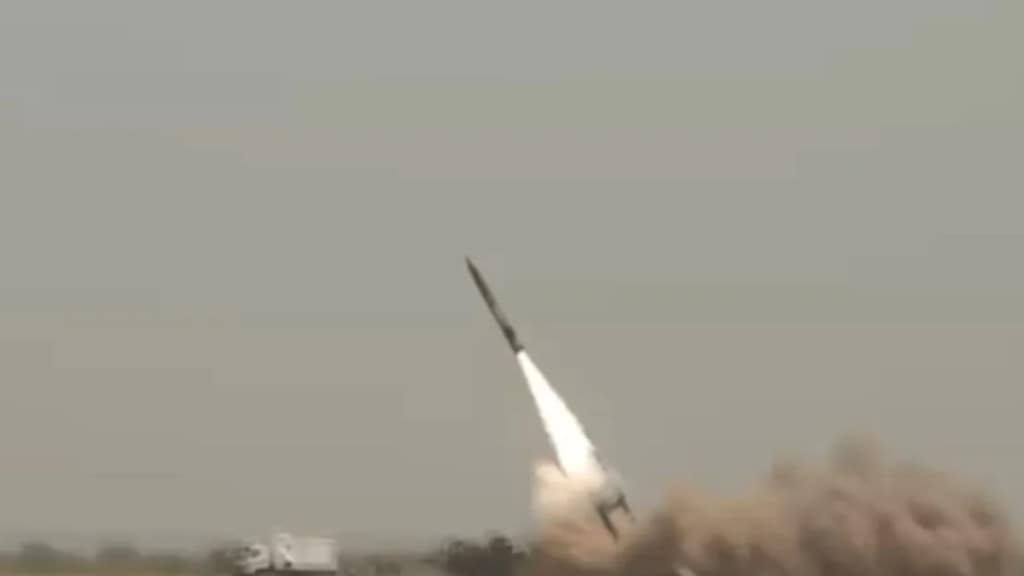India struck terror infrastructure in Pakistan and Pakistan-occupied Kashmir in early May, launching a four-day offensive dubbed as Operation Sindoor. Islamabad later admitted that it was forced to seek a ceasefire after two of its key air bases were hit during the military operation. But there now appears to be more to the story — with a top Pakistani aide revealing the country’s alarm about a nuclear attack from India.
“When India fired BrahMos at Nur Khan airbase, Pakistan’s military had only 30-45 seconds to analyse whether the incoming missile may have a nuclear warhead. To decide anything on this in just 30 seconds was a dangerous situation,” Rana Sanaullah told a Pakistani news channel.
The advisor to Pakistani Prime Minister Shehbaz Sharif also noted that the risk of a nuclear war had weighed heavily on the country during the four-day clash. Both Pakistan and India are armed with nuclear weapons and have a Non-Attack Agreement that specifically pledges not to attack each other’s nuclear installations. But the two countries are not part of the Treaty on the Non-Proliferation of Nuclear Weapons. As such, there is nothing to legally prevent either country from launching nuclear warheads at other targets if a conflict escalates to that point.
“I am not saying that they did good by not using a nuclear warhead, but at the same time the people on this side could have misunderstood it also, leading to the launch of the first nuclear weapon that could spark a global nuclear war,” Sanaullah added.
Meanwhile, Indian Foreign Minister S Jaishankar said on Wednesday that Operation Sindoor had conveyed India’s determination to act against the perpetrators of terrorist acts to the entire world. The remarks were made during a media interaction while the top official attended the Quad summit in Washington. A joint statement issued by the Quad Foreign Ministers — Jaishankar, US Secretary of State Marco Rubio, Foreign Minister of Australia Penny Wong and Japanese Foreign Minister Takeshi Iwaya — had unequivocally condemned all acts of terrorism and violent extremism in all its forms and manifestations, including cross-border terrorism.
“What is important for us in the Quad statement, as also the statement which the Security Council had issued on April 25, is that the perpetrators of terrorism must be held accountable. They must be brought to justice. And that’s important because we then have to communicate to the world that what we did… on May 7, the objective of Operation Sindoor is that if there are attacks, if there are terrorist attacks, we will act against the perpetrators, the supporters, the financiers, the enablers. So that message, I think, was conveyed with great clarity” Jaishankar said.

